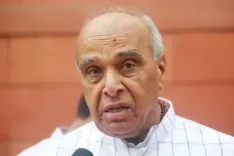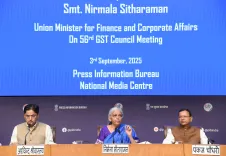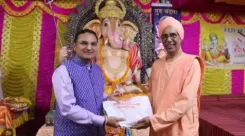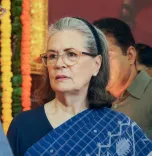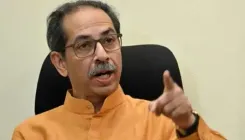Did Dharmendra Pradhan Flag Off a National Meet on NEP Implementation in Gujarat?
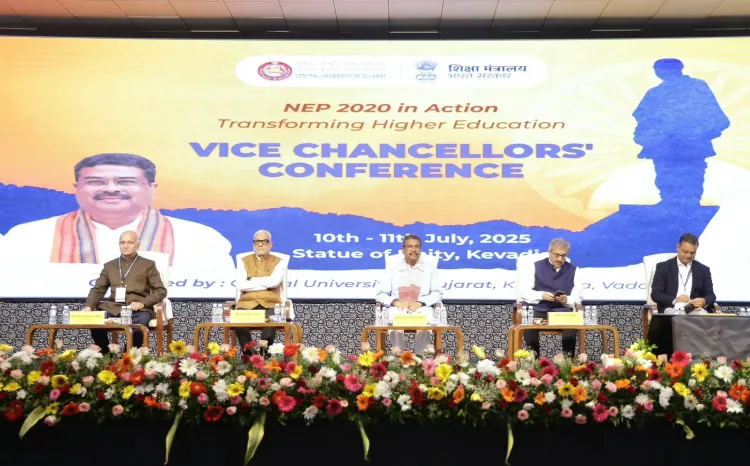
Synopsis
Key Takeaways
- Emphasis on inclusive education
- Focus on innovative teaching methods
- Integration of traditional knowledge systems
- Development of multidisciplinary course offerings
- Commitment to a developed India by 2047
Kevadia, July 11 (NationPress) The two-day National Vice-Chancellors’ Conference, taking place at Tent City-2 in Ekta Nagar, Narmada district in Gujarat, was officially opened by Union Education Minister Dharmendra Pradhan on Thursday.
This significant conference, attended by leaders from over 50 central universities nationwide, focuses on the effective execution and assessment of the National Education Policy (NEP) 2020, aimed at achieving the vision of a “Viksit Bharat 2047.”
During his keynote address, Minister Pradhan highlighted the revolutionary effects of NEP 2020 on the landscape of higher education in India.
“In the last decade, we have witnessed a remarkable transition towards inclusive, multidisciplinary, and innovation-oriented education. Since the academic year 2014-15, student enrollment has surged by 30%, with female enrollment rising by an impressive 38%. Notably, for the first time, the gross enrollment ratio (GER) for women has outpaced that of men. Moreover, there has been significant progress in GER among Scheduled Tribes and Scheduled Castes,” he stated.
He elaborated on the five essential pillars of NEP 2020 - holistic education, interdisciplinary learning, innovation, inclusive access, and Indian knowledge systems. Urging vice-chancellors to adopt a “student-first” approach, he emphasized the necessity of aligning curricula with future job prospects, ethical standards, and societal advancement.
Furthermore, the Minister called for the incorporation of new technologies, artificial intelligence, and regional languages into the curriculum while promoting the inclusion of India’s traditional knowledge systems (IKS).
Minister Pradhan encouraged all universities to develop strategic plans for NEP implementation that encompass multidisciplinary course offerings, technology-driven skill development, and value-based education.
He underscored the significance of integrating contemporary methods into campus initiatives while safeguarding India’s cultural and intellectual heritage. Additional Secretary Sunil Barnwal outlined NEP's five core tenets - access, equity, quality, affordability, and accountability - urging institutions to reflect these in their strategy and execution.
Ramashankar Dubey, a senior vice-chancellor, reaffirmed that all central universities are dedicated to implementing NEP in alignment with the national vision for a developed India by 2047. The conference revolves around three primary themes: alignment with NEP objectives, collaborative dialogue and resource sharing among vice-chancellors, and future planning to meet global academic standards.
The thematic discussions over the two-day event will cover topics such as: the Four-Year Undergraduate Programme (FYUP) and the National Higher Education Qualifications Framework (NHEQF/NCrF), curriculum alignment for future employment, digital education platforms like SWAYAM and AAPAR, university governance (SAMARTH), equity and inclusive education, promotion of Indian languages and knowledge systems, research and innovation (ANRF, PMRF), rankings and accreditation, internationalisation through the “Study in India” initiative, and faculty development under the Malaviya Mission.
Participating institutions include Delhi University, Central University of Haryana, Assam University, H.N.B. Garhwal University, Central University of Rajasthan, Central University of Kashmir, Visva-Bharati, IGNTU, National Sanskrit University, Sikkim University, Tripura University, Jawaharlal Nehru University (JNU), University of Allahabad, and many more.


